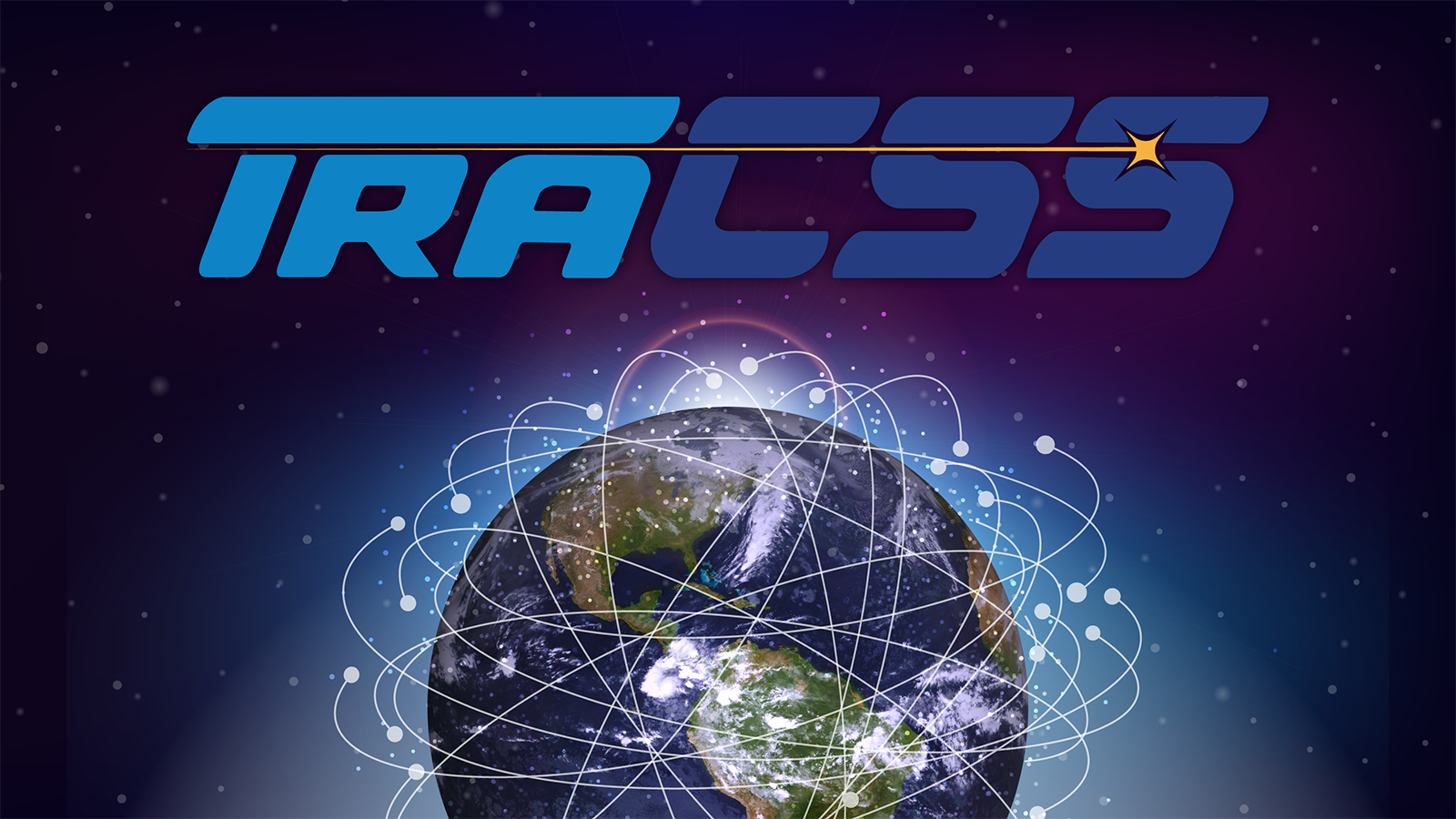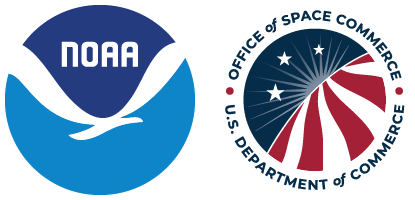TraCSS Welcomes SpaceX as 10th Beta User

The NOAA Office of Space Commerce (OSC) is pleased to announce that SpaceX has joined the Traffic Coordination System for Space (TraCSS) as the system’s 10th beta user.
With the addition of SpaceX, TraCSS is now able to validate its on-demand conjunction screening and on-demand maneuver screening service at significant scale – a major milestone in OSC’s mission to enhance civil and commercial space safety.
SpaceX joins nine other satellite operator beta users – NOAA, Maxar, Telesat, Intelsat, the Georgia Institute of Technology, Planet Labs, Eutelsat Oneweb, Iridium, and the Aerospace Corporation – who receive validated safety notifications in the form of conjunction data messages (CDMs, alerts describing potential collisions).
The active participation and invaluable feedback of all of TraCSS’ beta users have played a key role in OSC’s ability to release on-demand screening capacity ahead of schedule. Through industry’s collaboration, both as users of and contributors to the system, TraCSS is proceeding steadily toward production release scheduled for January 2026.
About TraCSS
OSC’s Traffic Coordination System for Space is providing basic space situational awareness (SSA) data and services to civil and private space operators in support of spaceflight safety. TraCSS is being developed to implement President Trump’s direction in Space Policy Directive 3 for the Department of Commerce to provide space operators with space traffic safety data and services, free of direct user fees.
The initial version, released in September 2024, distributed TraCSS-generated CDMs to beta users via the Space-Track.org interface. Subsequent updates enabled direct CDM distribution through TraCSS APIs.
With TraCSS Program Increment 1.2, released in May 2025, TraCSS provides on-demand screening of operational ephemerides and enabled bulk submission capabilities – ideal for operators of large satellite constellations. Beta user satellite operators can submit ephemerides to TraCSS at any time and receive conjunction analysis results within two to five minutes, a significant advancement. Operators of large constellations can also submit thousands of ephemerides at once via “bulk submissions,” greatly enhancing space situational awareness and safety.
With a full production released scheduled for early 2026, the TraCSS team is actively preparing to expand the system’s user participation.
For more information, contact Space.Commerce@noaa.gov.



